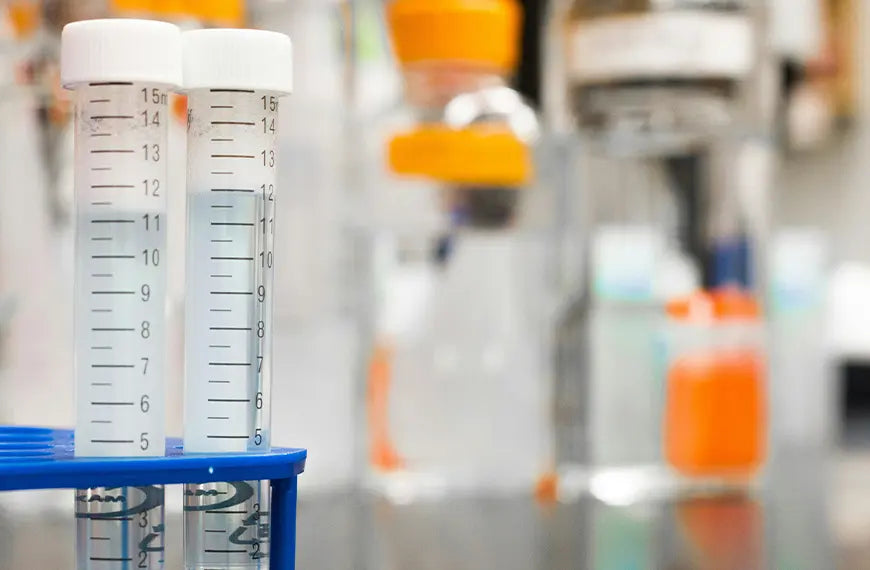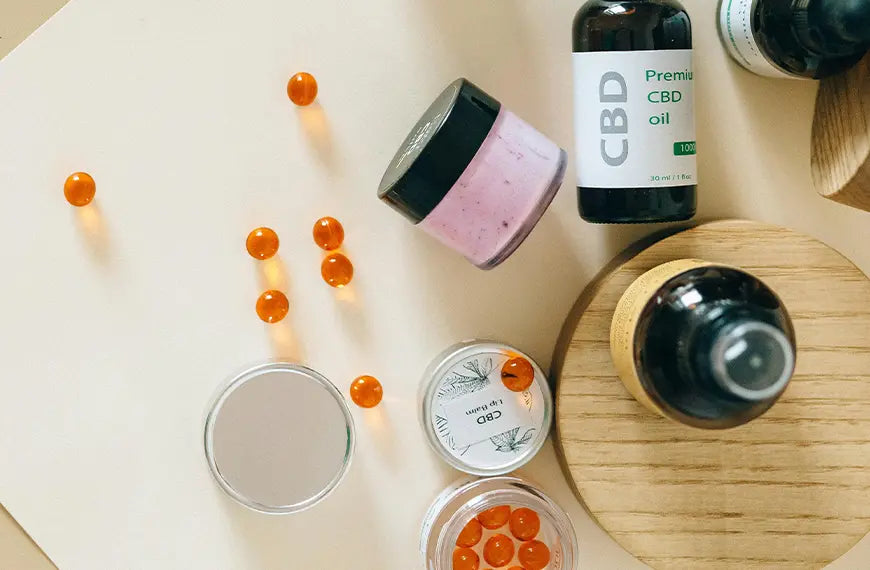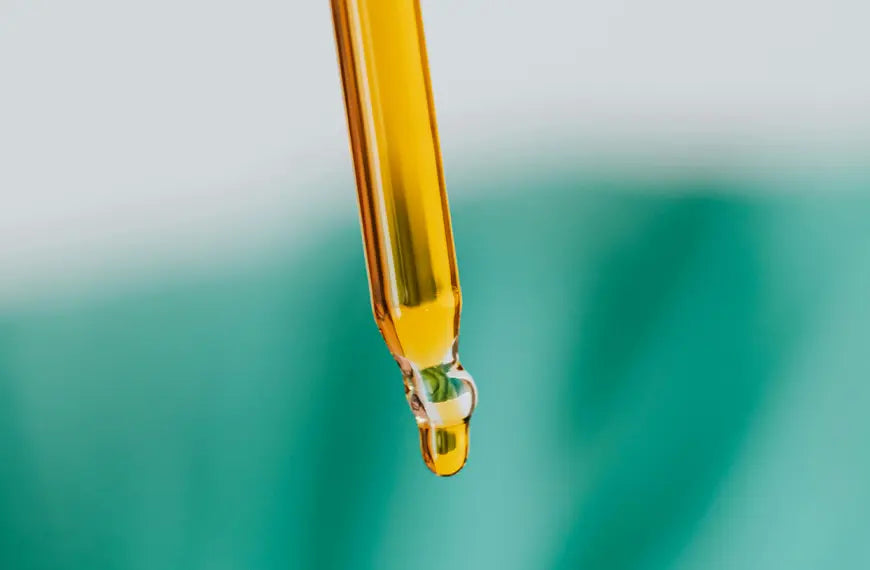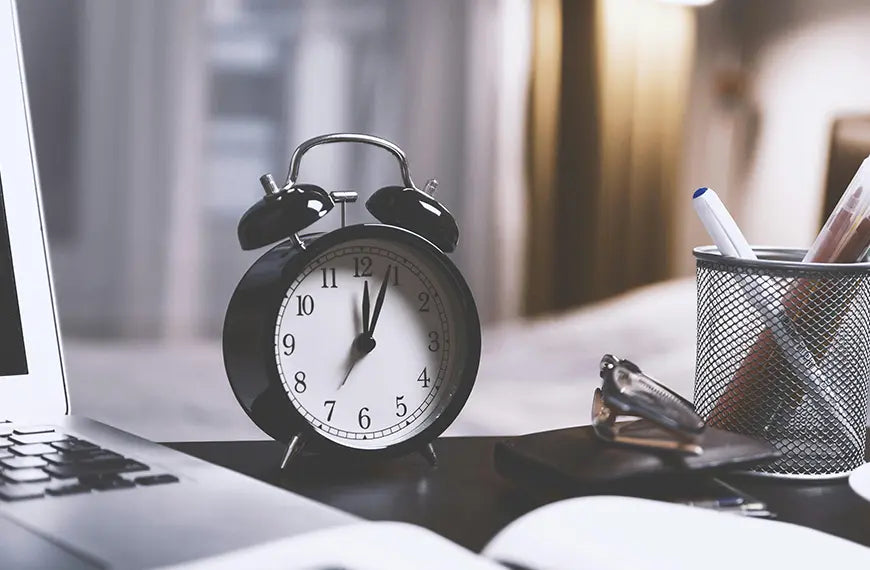Does CBD Show Up on Drug Tests? What You Need to Know

As CBD products gain popularity for their potential wellness benefits, many people wonder if using CBD could affect the results of a drug test. Understanding the nuances of drug testing and CBD is crucial for individuals who are subject to regular testing for work, athletics, or other purposes. This FAQ article explores whether CBD shows up on drug tests, the factors that could influence test results, and how to choose CBD products wisely to avoid unwanted outcomes.
The Basics of Drug Testing
Drug tests are designed to detect specific substances, most commonly tetrahydrocannabinol (THC), the psychoactive compound in cannabis. These tests do not typically screen for CBD, as it is non-intoxicating and legal in many jurisdictions, including the UK. However, there are scenarios where using CBD products could potentially result in a positive test.
Can CBD Alone Trigger a Positive Drug Test?
Pure CBD, such as CBD isolate, should not show up on a drug test, as most standard tests are not designed to detect it. However, there are important caveats to consider:
Full-Spectrum CBD Products: These contain trace amounts of THC (less than 0.2% in the UK). While the levels are low, consistent use or consuming large doses could potentially cause THC to build up in your system, leading to a positive result.
Broad-Spectrum CBD and CBD Isolate: These are THC-free or nearly THC-free, making them safer choices if you are concerned about drug testing. However, manufacturing inconsistencies or contamination could still introduce trace THC.
Factors That Influence Drug Test Results
Several variables can determine whether CBD use might result in a positive drug test:
1. Product Type and Quality
Not all CBD products are created equal. Poorly regulated or mislabeled products may contain higher levels of THC than advertised. Always choose reputable brands with third-party lab testing.
2. Dosage and Frequency
Taking high doses of full-spectrum CBD or using it frequently can increase the likelihood of THC accumulating in your body.
3. Metabolism
Individual metabolic rates play a role in how quickly THC and other cannabinoids are processed and eliminated from the body.
4. Type of Drug Test
There are different types of drug tests, including:
Urine Tests: The most common method, detecting THC metabolites up to 30 days after use.
Blood Tests: Less common and typically used to detect recent use.
Hair Tests: Can detect THC for up to 90 days but are less likely to show small amounts.
Saliva Tests: Detect recent use, usually within a few hours to a couple of days.
How to Minimize the Risk of Failing a Drug Test
If you're using CBD and concerned about drug tests, here are some strategies to reduce your risk:
1. Opt for THC-Free Products
Choose broad-spectrum CBD or CBD isolate products that are verified to contain no THC. Look for products with a Certificate of Analysis (COA) from a third-party lab.
2. Check Labels and Lab Reports
Always review product labels for THC content and cross-check with the COA to ensure accuracy. Reliable brands will provide lab results confirming the absence or legal levels of THC.
3. Limit Dosage
Even trace amounts of THC can accumulate over time, so use CBD products sparingly if you're frequently tested.
4. Avoid Risky Products
Stay away from unregulated products, such as CBD edibles or oils purchased from dubious sources, as these are more likely to contain higher THC levels.
What to Do If You Test Positive for THC
If you believe a CBD product caused a positive drug test result, consider the following steps:
- Request a Retest: False positives can happen, especially with less precise tests. Confirm results with a more specific test, like gas chromatography-mass spectrometry (GC-MS).
-
Provide Documentation: If you’re using CBD for wellness reasons, supply receipts, product labels, and lab reports to demonstrate that the THC exposure was incidental and within legal limits.
Conclusion: CBD and Drug Testing—Staying Informed
While CBD itself won’t typically cause a positive drug test, the presence of trace THC in some products can pose a risk. By understanding the types of CBD, checking product quality, and taking precautions, you can enjoy the benefits of CBD while minimizing concerns about drug testing.
Being proactive about label scrutiny and selecting reputable brands ensures a safer experience, helping you avoid unwanted surprises while reaping the potential wellness benefits of CBD.



